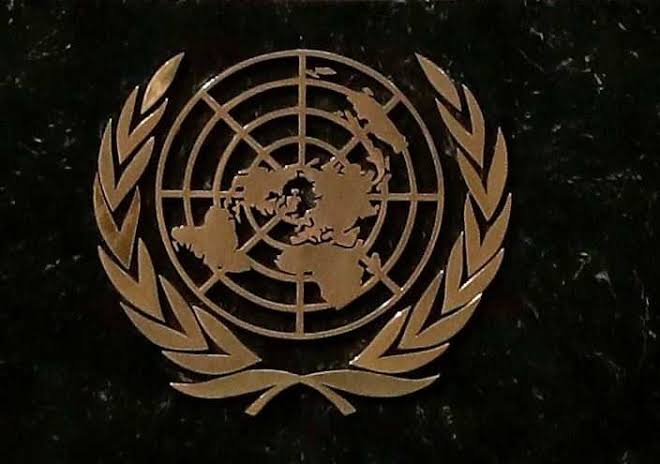India does not back Nuclear Arms Ban Treaty

The International Campaign to Abolish Nuclear Weapons with their anti nuclear activists stated a protest with flags of 51 countries that satisfied the UN Treaty to ban Nuclear Weapons.
This UN treaty banning nuclear weapons went into effect on Friday,though it is only symbolic because none of the existing nuclear powers are party to this treaty. India is neither a party to the treaty nor does it support it. However India remains fully committed to Universal, no discriminatory and verifiable nuclear disarmament.
None of the nuclear weapons states are party to the Treaty on Prohibition of Nuclear Weapons (TPNW). Even NATO has refused to support the treaty. Japan, the only state to actually suffer a nuclear weapons attack, also dissociated from the treaty, though it remains committed to full disarmament.
India, MEA said, “remains committed to universal, non-discriminatory and verifiable nuclear disarmament.” Nevertheless, the treaty went into effect with 86 signatures, and ratified by over 60 countries.
In a statement, MEA said, “India did not participate in the negotiations on the TPNW and has consistently made it clear that it will not become a party to the treaty. India does not support the treaty, and shall not be bound by any of the obligations that may arise from it. India believes that this treaty does not constitute or contribute to the development of customary international law; nor does it set any new standards or norms.”
The treaty came about in 2017, born out of a belief that the global move to prohibit nuclear weapons had ground to a halt, neither was the non-proliferation treaty effective. The treaty requires ratifying countries to “never under any circumstances… develop, test, produce, manufacture, otherwise acquire, possess or stockpile nuclear weapons or other nuclear explosive devices”. The pact also bans any transfer or use of nuclear weapons or nuclear explosive devices.
Let’s see how this treaty affects aspiring nuclear powers like Iran and Turkey in future.




